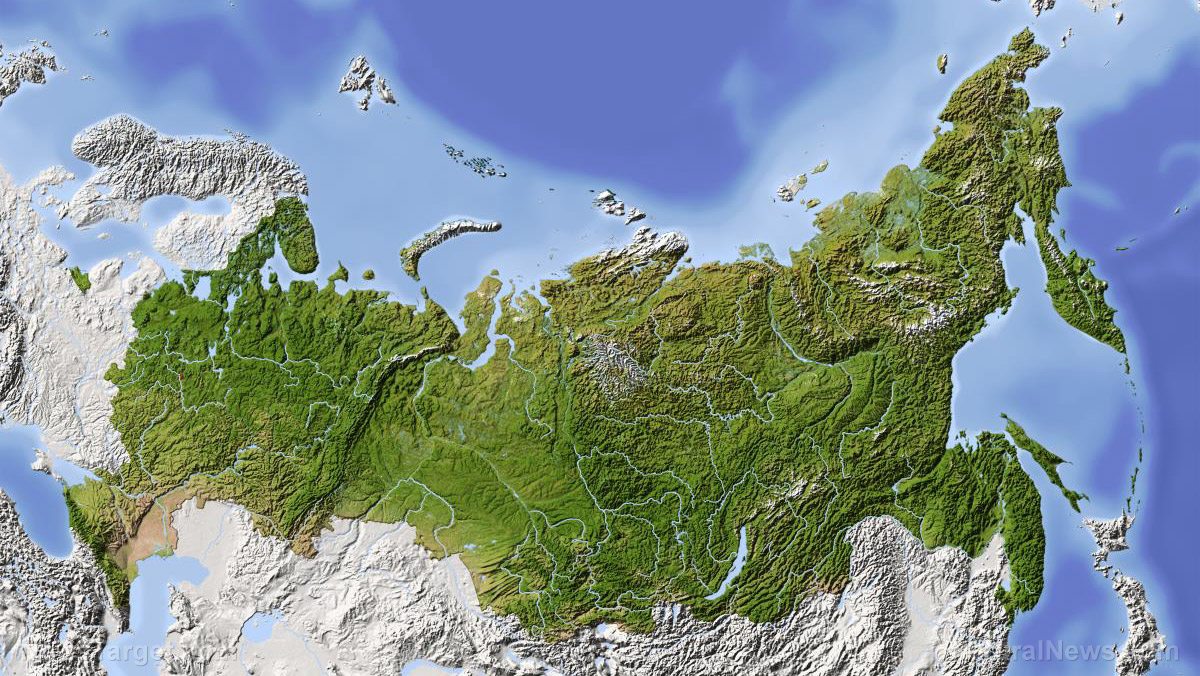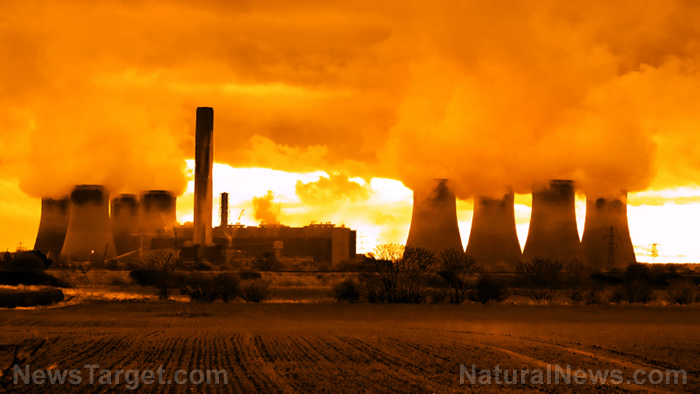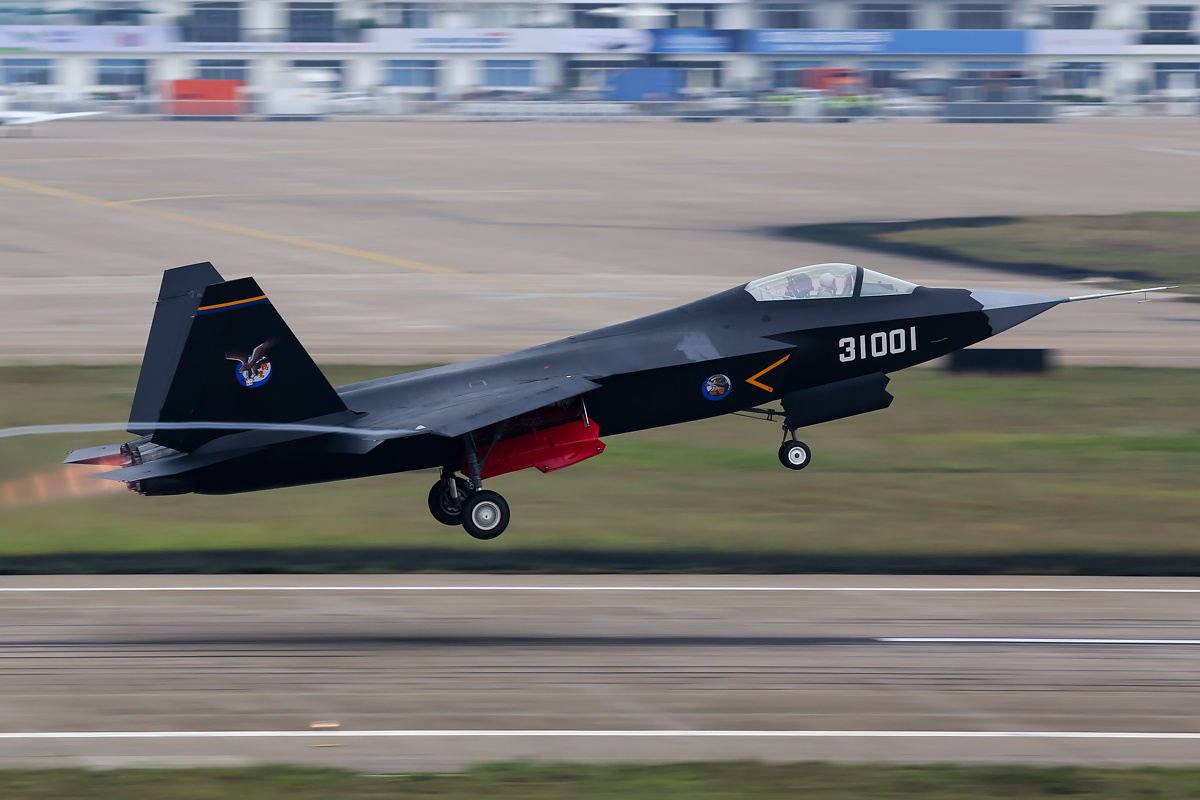 Parler
Parler Gab
Gab
War has sent Russia’s economy back to 2018, expert notes
Bloomberg Economics reports that the war in Ukraine has sent the Russian economy back to 2018, with its GDP likely dropping 4.7 percent on-year during the second quarter of this year, marking its first contraction in a year. The second quarter, which runs from April to June, was the first full quarter since Putin’s ongoing invasion of Ukraine began on February 24. Bloomberg Economics Russia Economist Alexander Isakov noted that the Russian economy likely “shed four years of growth, returning to its 2018 size in the second quarter.” In 2018, the Russian economy was worth $1.66 trillion; the figure for 2021 was $1.78 trillion, according to data from the World Bank. This is a sharp turnaround from the first quarter of 2022, when the Russian economy grew by 3.5 percent. Nevertheless, the contraction seen during the second quarter was significantly less than expected, with analysts polled by Bloomberg from March to July predicting a contraction of around 9 to 10 percent. Isakov noted: "We expect the contraction to slow into the fourth quarter with looser monetary policy supporting demand." Although Russia’s economy does appear to have held up better than anticipated in light of sweeping sanctions, a recent report from Yale University accused the Kremlin of cherry-picking economic data to make the country’s outlook appear more favorable. At the same time, programs aimed at preserving jobs and supporting the ruble have helped soften the blow of trade restrictions. Another factor is a global supply squeeze on energy that is raising prices. According to a report by the International Energy Agency (IEA), Russia is still producing considerably more oil this year than expected, with July’s production outpacing that of May and June. At the same time, the Kremlin is looking for alternative markets for Russian energy products as traditional European Union buyers are poised to ban crude oil imports starting at the end of this year and have already banned coal imports from Russia. Italy and Germany are also trying to move away from their reliance on Russian natural gas. The EU embargo could push Russian crude oil production down by as much as 20 percent next year, according to the IEA, while Isakov predicts the Russian economy will shrink two percentage points further next year as a result of the ban. Sources for this article include: Bloomberg.com FinancialPost.com BusinessInsider.comCrypto ad spending down 99.9% since February as industry meltdown continues
By Cassie B. // Share
By Arsenio Toledo // Share
Russia preparing to strike the US with nuclear weapons
By Arsenio Toledo // Share
Governments continue to obscure COVID-19 vaccine data amid rising concerns over excess deaths
By patricklewis // Share
Tech giant Microsoft backs EXTINCTION with its support of carbon capture programs
By ramontomeydw // Share
Germany to resume arms exports to Israel despite repeated ceasefire violations
By isabelle // Share










